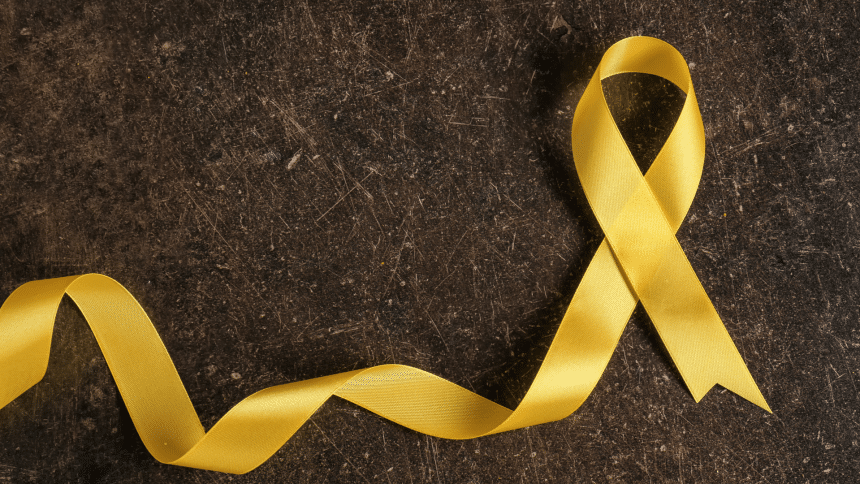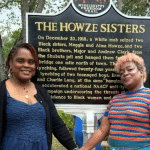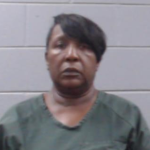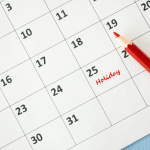September is both National Recovery Month and Suicide Prevention Month, two observances that health leaders in Mississippi say go hand in hand. The entire month is dedicated to reducing stigmas, supporting people overcoming addiction, and encouraging open conversations about mental health.
Dr. Katherine Pannel, president of the Mississippi State Medical Association, is one of the many healthcare officials trying to offer a helping hand by spreading the word on what resources are available to those in need.
“We just want to continue to decrease stigma and support those who are trying to go through the recovery or maintain recovery,” she said on Mornings with Richard Cross. “It’s also a great month for suicide prevention. This month is really all about having that conversation so that we do continue to reduce the stigma. The stigma is falling.”
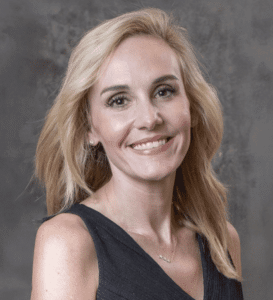
Pannel said younger generations are already speaking more openly about mental health, but she stressed the importance of keeping those conversations going.
“We need to continue the conversations and normalize the conversation, just as we would any other medical illness, and encourage our youth to talk,” she continued. “There’s nothing so great that you have to end your life for. We can talk about it and support others.”
Pannel and other healthcare officials in Mississippi are working all month – and all year, every year for that matter – to highlight resources, programs, and events the state offers for both recovery and suicide prevention. Those include:
- Mississippians in crisis can dial the 988 Suicide & Crisis Lifeline, which connects callers to trained counselors who provide free and confidential support 24/7. The Mississippi Department of Mental Health plays a role in staffing the lifeline through regional mental health centers across the state, ensuring calls made from Mississippi area codes are routed to local responders familiar with state resources.
- The ninth annual Shatter the Silence Suicide Prevention Symposium will be held Tuesday, Sept. 16, at the Mississippi Agriculture and Forestry Museum in Jackson. Presented by the Mississippi Department of Mental Health, the in-person event includes speakers who have personally been impacted by suicide sharing their stories. A virtual symposium will be offered by MDMH on Wednesday, Sept. 17.
- The Mississippi State Department of Health’s Opioid and Substance Use Disorder Program provides free naloxone kits by mail and trains healthcare professionals and the public in opioid awareness, response, and overdose reversal. Over 20,000 naloxone kits have been distributed by MSDH in recent years. Nonprofits, universities, and colleges have also worked to pass out naloxone kits and fentanyl test strips and open prescription drug drop-boxes.
According to Pannel, the following steps can be taken to work toward saving lives:
- Talk openly about struggles as you would any other medical issue.
- Support young people in developing health coping strategies.
- Share knowledge about naloxone and how to access kits or training.
- Attend upcoming events to gain resources, support, and solidarity.


